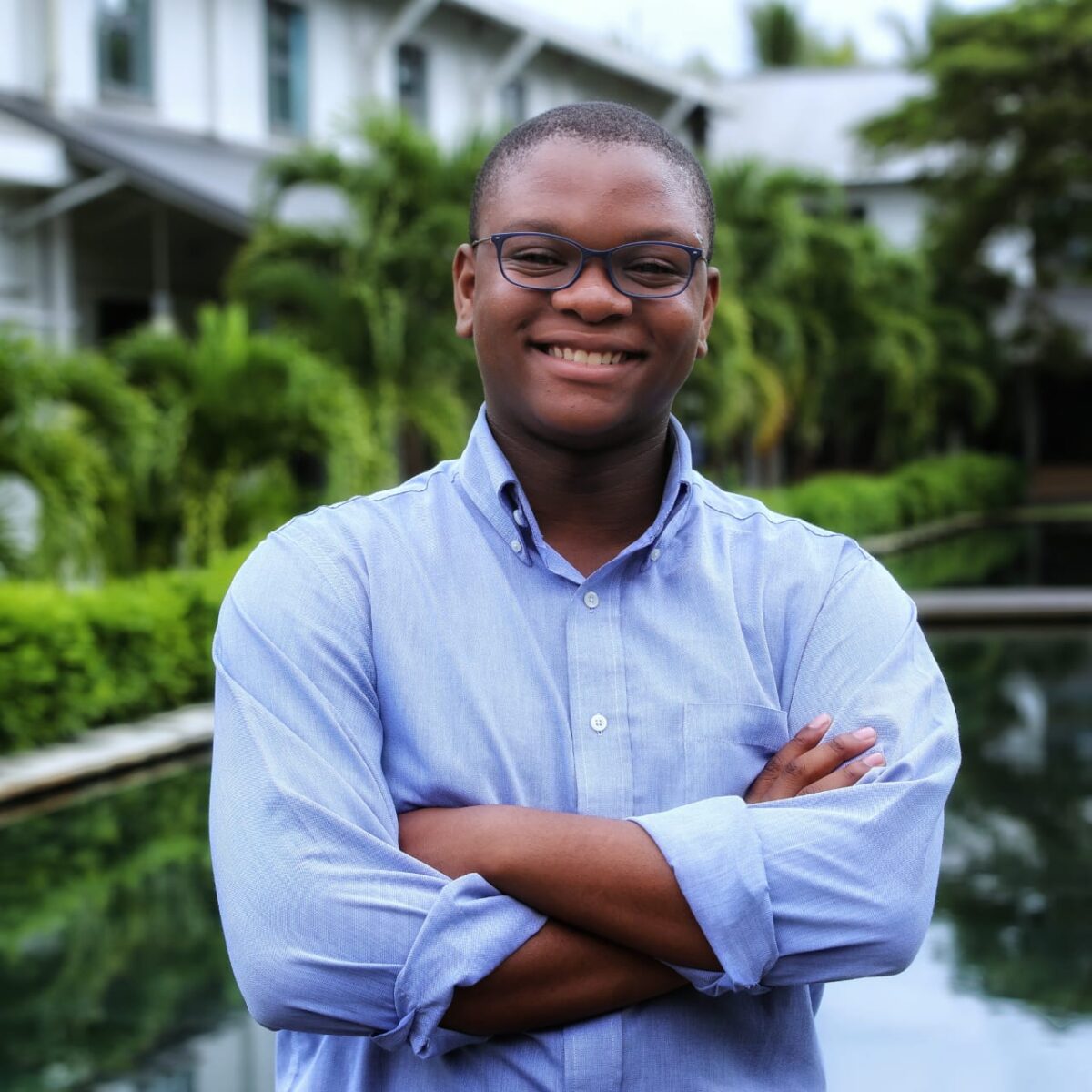Farai Munjoma is our Entrepreneur-Intern-in-Residence, who founded Shasha Network in Zimbabwe, while in high school. Coincidentally, Shasha means Shupavu (champion), in the Shona language. I had a chat with him about his residency and life in Kenya.
- Please introduce yourself to our readers, and why you are with Eneza Education.
I am Farai Munjoma, the CEO of Shasha Network, an online education platform in Zimbabwe. I am 21 years old, born in Zimbabwe and currently studying Business Management at the African Leadership University. As part of my social entrepreneur journey, I have received a once in a lifetime opportunity to work with Eneza Education and learn from the best in the education technology space, with hope of transferring my key learnings back home and impact more students in my region.
Shasha was founded in 2014, with a main goal of making education accessible to most under-served communities. I am interested in harnessing human potential and promoting education on the African continent, I strongly believe that we can come up with more innovative and powerful models that can achieve an accelerated rate of education spread across Africa.
2. Why was Eneza Education your choice for internship?
Eneza Education is a great company that has re-imagined social impact, in a more sustainable and scale-able way. They have been successful in bridging the gap between the need for quality education and resources necessary to satisfy the education challenge. They’ve done this by mobilizing partners like Safaricom and other telecoms companies across various territories that they operate in.
Eneza is on a grand mission to educate 50 Million students across Africa and this alone is a moonshot that I couldn’t resist. Being part of a team that’s driving such an ambitious vision, provided a great opportunity to learn more about how they solve challenges and work hand-in-glove with users to co-create a great product.
Lastly, I admire the energy behind the young team, the CEO, Kago Kagichiri is only 29 years old and he stands as a great example of how impacting change doesn’t have an age restriction. This alone was inspiring.
3. Tell us about Shasha Network and what inspired its founding.
The founding of Shasha Network came as a result of a sequence of events in my own life that resulted in me choosing to work in the education space. Growing up in three different areas across Zimbabwe, I witnessed first hand the different levels of inequality across the country’s educational landscape, having attended pre-school in a township between the ages of 3 and 6, going on to attend a former group A (Colonial/white school) in a dormitory town outside the capital city of Harare, between the ages of 7 and 12 and attending a high school in a deep rural community, where I saw students walk 20 km to access education.
I was consistently exposed to all the various facets of how flawed our education system was and how there was no level playing field for students. By essence of being born in a particular place and time, you are either prone to facing access, quality, equity and curriculum relevance challenges.
Through using technology as a medium of education delivery, no single person is left behind regardless of their geographical location, gender, and even ethnicity. Hence as our name Shasha implies, which means Champion in the native language of Shona, we strongly believe that given the right opportunity every student can be a champion in their academic endeavors. In 2014, with my colleagues and the help of students at the University of Zimbabwe, Shasha was founded with the main goal of providing universal education for all Zimbabwean students.
4. What are your highlights about this residency?
During my residency at Eneza, I have learnt a lot about teamwork and the biggest takeaway for me so far has been that everyone here does a bit of everything, hence your learn-ability skills should always be on point. This means that you should be willing to learn faster and take up new initiatives. You can be programmer but one day you have to work in sales or customer care. This can be demanding but it gives you the opportunity to adapt and add value even when you are put in an uncomfortable situation. This is what makes working at Eneza special for someone like me, everyday brings a new challenge.
4. Farai, what is your parting shot to our readers?
It is quite clear that the brick and mortar school model is not as perfect as it should be hence to compliment the current existing mode of learning, young people and parents must start engaging with more digital learning platforms such as the one provided by Eneza Education- Shupavu291.
Potential partners of Edtech companies should start being more aggressive in their attempt to build synergies with education companies because this is the future of education and for it to be successful, every stakeholder should help co-create it.
Read of Farai’s highlights to the Kenyan culture in the next post.


